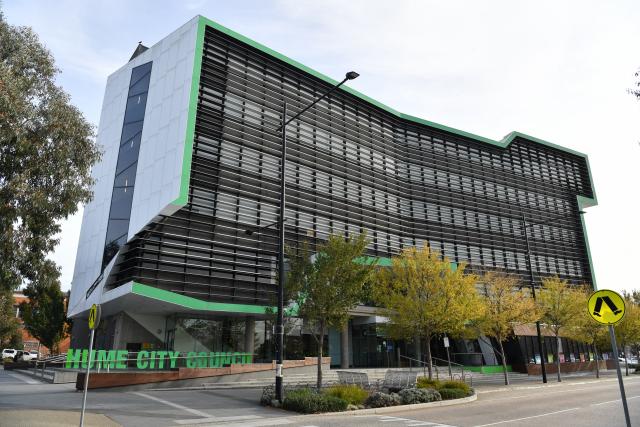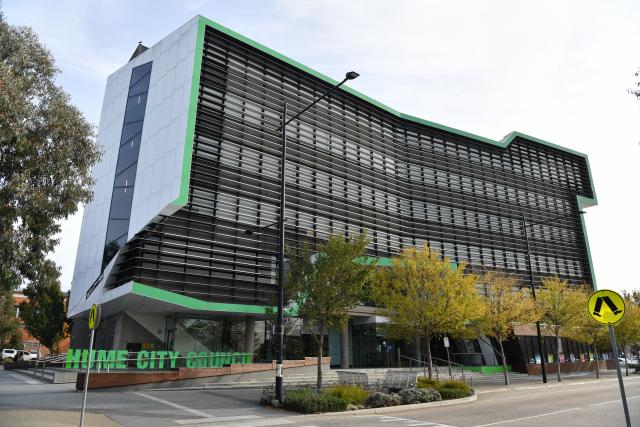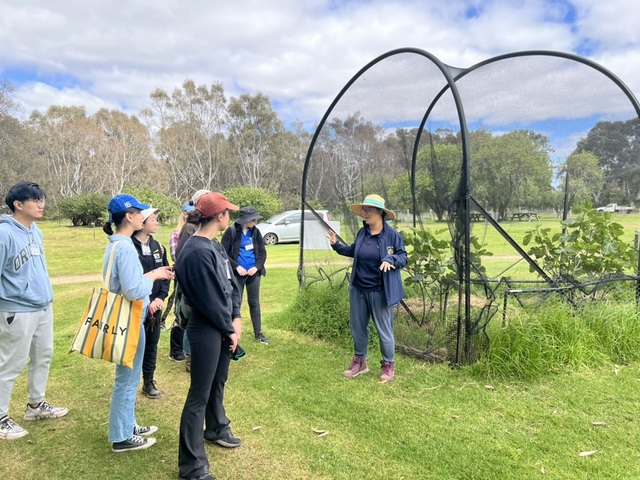GPS trackers will be used to monitor chemical waste in a bid to crack down on the illegal storage of hazardous waste across Melbourne’s northern and western suburbs.
The electronic monitoring of chemical waste will begin in July.
The state government says the system will better record the production, movement and receipt of industrial waste.
Energy, Environment and Climate Change Minister Lily D’Ambrosio said the new system will enable the Environment Protection Authority to monitor the movement of waste more quickly and more accurately.
Currently, the EPA uses a mix of electronic and paper waste transport certificates.
Ms D’Ambrosio said an integrated waste tracking tool, with improved data analytics and reporting, will also be developed over the next 12 months to provide the EPA with insights on the industry’s activity, trends and highlight potential illegal activity.
“We’re implementing these new measures to crack down on the illegal storage of hazardous waste and increase safety for the community,” she said.
“Moving to a fully electronic GPS tracking system will mean we know when and where these chemicals are being moved and stored so we can identify potentially illegal activity and catch these criminals in the act.”
The new monitoring system comes as WorkSafe revealed there are possibly another 11 million litres of chemicals being illegally stored at four factories discovered in Craigieburn and Campbellfield last month.
The sites were found during an investigation into a Tottenham industrial fire last August.
The investigation also found 19 million litres of chemicals illegally stored at eight warehouses in Epping and Campbellfield.
WorkSafe has removed 1.7 million litres of waste chemicals, including flammable liquids such as paints, solvents and inks, from one of the Epping factories, and is preparing to clear the remaining factories.
EPA chief executive Cathy Wilkinson said electronic monitoring would help the organisation to better detect potential risks.
Hume council has been calling for the government to take action to stop the illegal storage of chemicals, saying the practice was putting the community at risk.
Cr Geoff Porter said a record of a chemical’s journey needed to be created so authorities know when the chemical was made, what it was used for and how it should be disposed.

















